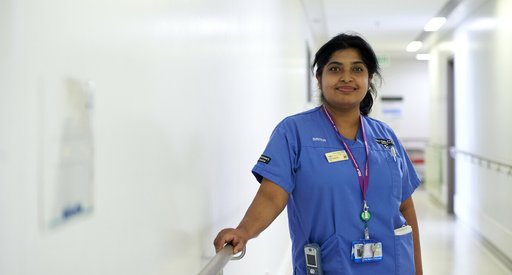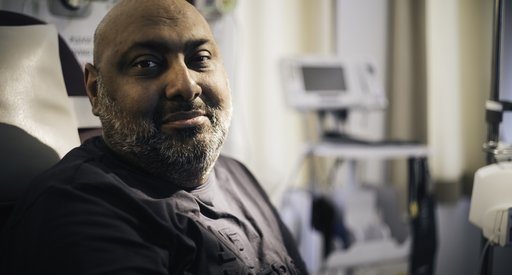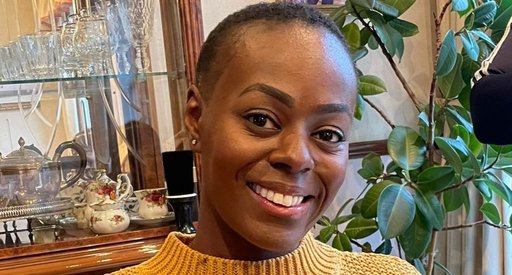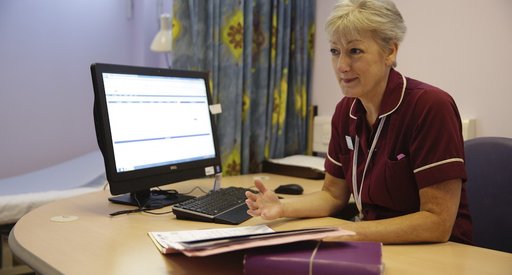Ethnicity
Because everyone should be able to access blood cancer care that works for them and respects who they are.

Help us improve access to clinical trials
Some types of blood cancer can be more common in certain ethnic groups. However not many people from ethnic minorities access blood cancer clinical trials. We want to change this.

Take action to unlock access to trials and treatments
Our Blood Cancer Action Plan uncovers the barriers behind accessing trials and treatments. Write to your MP to make change happen.

Black with blood cancer
Hear Black people share their truth about diagnosis, treatment and living with blood cancer, and find out where you can get support.

Clinical trials: How we're going to make sure everyone's included
Discover how Blood Cancer UK recruits people to take part in their clinical trials.

